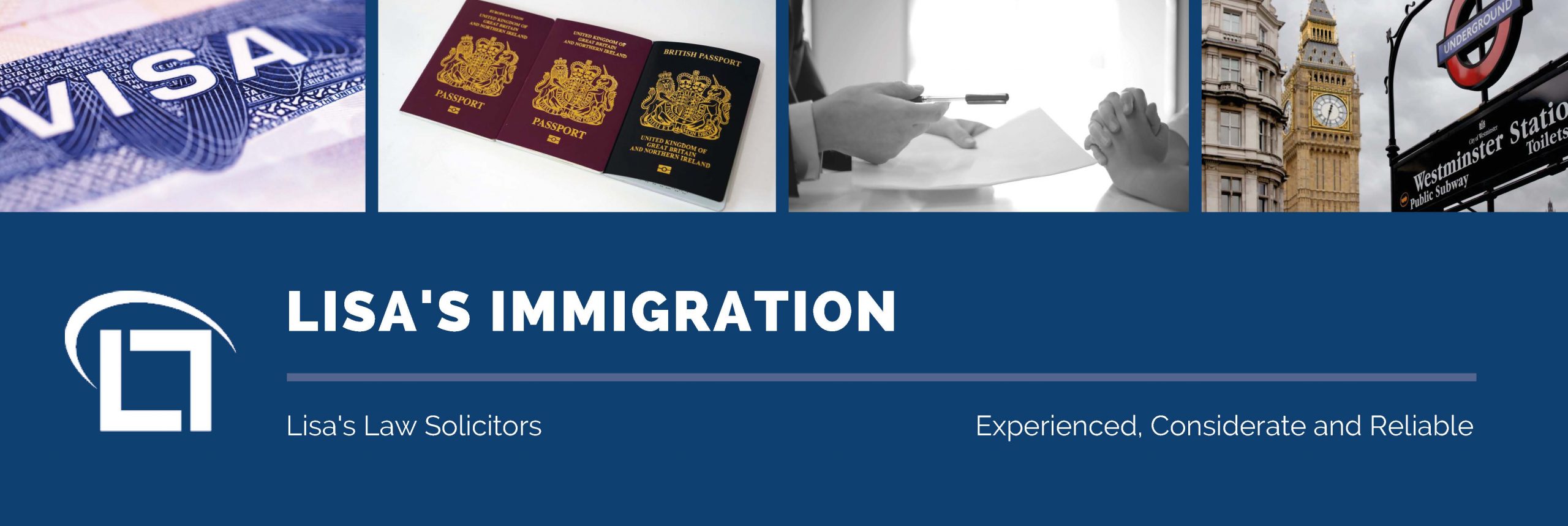After the difficulties that 2020 has served up to us it is always nice to remember the good times in life, the events that bring families and friends together to celebrate and enjoy each other’s company.
Weddings are up there with the biggest events in life and it appears that they are going to get a legal ‘shake-up’ as the Law Commission has launched a consultation on provisional proposals to reform the law governing how and where couples can get married. The consultation period will run until 3 December 2020 and as far as we can see there is plenty to be excited about.
What is being proposed (pardon the pun)?
The provisional proposals for reform are:
- to allow weddings to take place outdoors, for example on beaches, in parks, in private gardens and on the grounds of current wedding venues – this will make it a lot easier for people to organise their venue of choice and is also likely to lead to lower costs due to an increase in options and availability
- to allow weddings to take place in a wider variety of buildings (for example in private homes) and on cruise ships
- to offer couples greater flexibility over the form their wedding ceremonies will take, enabling them, if they desire, to use a variety of ceremonies (religious and non-religious) to mark their weddings – this is a more modern take on marriage, and will likely be a point of contention for some people.
- to simplify the process and remove unnecessary red tape to make it fair to couples, more efficient, and easier to follow, for example, couples will be able to complete the initial stage of giving notice of their intended wedding online or by post, rather than having to do so in person
- to provide a framework that could allow non-religious belief organisations (such as Humanists) and/or independent celebrants to conduct legally binding weddings – this is more inclusive and will be of interest to many people who do not follow traditional religions
- to ensure that fewer weddings conducted according to religious rites result in a marriage that the law does not recognise at all, and
- to provide a power to allow weddings to take place remotely during any future national emergency, such as another pandemic.
Stepping into the future
The main purpose of these proposals is to bring marriage into the 21st century. It is a wonderful tradition, but one that has been behind the times for a while now. There are too many restrictions and rules that simply do not match up with the modern world.
For example, currently couples have to decide if they want their ceremony to be civil or religious – with no alternative merger option. The majority of wedding ceremonies must occur in a place of worship or secular venue which really limits the options. Limited options lead to higher cost as the places are in such high demand.
What is more, if the couple refuse to observe such rules their marriage may be meaningless in the in the eyes of the law. For an occasion that is supposed to be so happy and positive, there sure are a lot of stuffy rules and regulations in place, stopping people from having the freedom to plan their special day exactly how they want it.
These reforms will look to give couples greater space to manoeuvre when planning their ceremony, and will not punish them for forgoing traditional systems.
Essentially, the welcoming following principles is the aim of the changes:
- Fairness and equality
- Certainty and Simplicity
- Protecting the state’s interest
- Respecting individuals’ wishes and beliefs
- Removing any unnecessary regulation, so as to increase the choice and lower the cost of wedding venues for couples.
What do we think?
We believe that these potential changes, which are yet to be agreed and finalised, would be good for marriage in general. It allows people to be united together via a ceremony that they are happy with, and is less confined to the past and more in tune with the future. Of course, there are still many people who will enjoy the traditional route of being married in a more traditional way, which is wonderful. The important thing is that there are options available for everyone, and that the law is able to cater to all types of marriage, as each one is as valid as the next if the couple are genuine.
Have questions? We are here for you!
In the meantime, we are operating as usual, and you can reach us on 020 7928 0276 or email in to info@lisaslaw.co.uk for any questions you may have on this topic.
Or, why not download our free app today? You can launch a new enquiry, scan over documents and much more.
If you have an iPhone, follow this link to download.
If you use an Android phone, follow this link to download.
Find the link here if you need some further instructions on how to use our new app!























